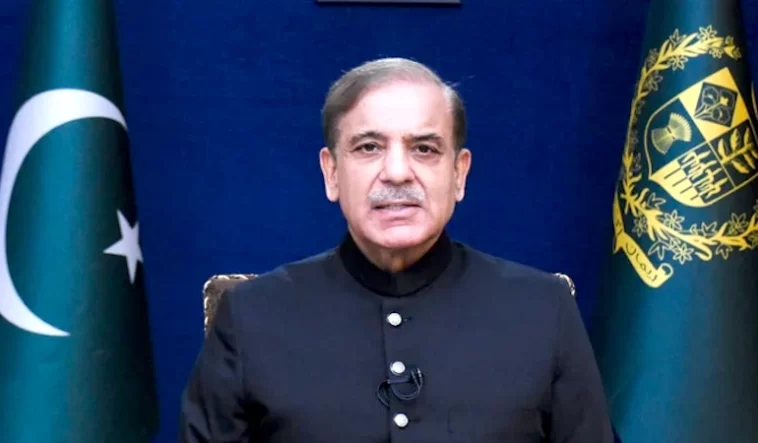In an attempt to reach an agreement with the International Monetary Fund (IMF), Pakistan Prime Minister Shehbaz Sharif has approved an increase in electricity and gas tariffs, as well as the general sales tax (GST). Moreover, the government approved the collection of additional taxes of 180 billion rupees, bringing the annual tax target of the Federal Board of Revenue of Pakistan to Rs 7,650 billion.
As a result of these measures, the IMF is still seeking a higher adjustment in electricity tariffs, which may exceed Rs 12.50 to Rs 14 per unit. The Fund is also suggesting further qualitative taxation measures and a reduction in expenditures to maintain the primary deficit within the agreed limits
Currently, the government is investigating options for reducing expenditures, and additional taxation measures will be decided in accordance with these options. The power sector has proven to be a significant challenge for Pakistani negotiators due to its substantial circular debt and subsidies that the IMF finds unacceptable.
According to sources, the Pakistani side has requested that the IMF’s mission chief meet with Minister for Finance Ishaq Dar in order to finalize the 9th review. The talks are expected to conclude on February 9, 2023, as scheduled by both sides.
Additionally, the external economy appears bleak, with the IMF assessing that the country will not be able to generate the desired inflows of dollars, particularly in the form of commercial loans and international bonds. The Fund is expected to project a massive reduction in gross foreign exchange reserves, from $16 billion to less than $8 billion by June 2023.
In response, the IMF is prescribing further tightening of policy rates by 100 to 200 basis points in light of rising CPI-based inflation, particularly core inflation. On the expenditure front, the government is considering the reduction of the Public Sector Development Programme (PSDP), unbudgeted subsidies, and defense expenditures.
As the utilization of funds stands at Rs 152 billion in the current fiscal year, the government has proposed reducing the PSDP to Rs 352 billion. The power sector remains a difficult issue, and a meeting was held under the chairmanship of PM Shehbaz on Monday evening.
It has been approved by PM Shehbaz to increase the electricity tariff to Rs 9 or 10 per unit. The Pakistani side requested protection for consumers consuming up to 300 units of electricity per month, but the IMF opposed this request and argued that protection should be offered only to consumers consuming up to 200 units.
The government has created a revised Circular Debt Management Plan (CDMP), seeking an additional subsidy of Rs 675 billion, but the IMF has refused to allow it and has asked the government to increase electricity tariffs and abolish all unbudgeted packages, including those for the export-oriented sectors and the Kissan package. The IMF estimated the additional subsidy would be around Rs 670 billion, while the government had already provided a subsidy of Rs 570 billion in the 2022-23 budget. The gas tariff will also be revised upward, and the government is trying to protect the lower slabs as much as possible.


